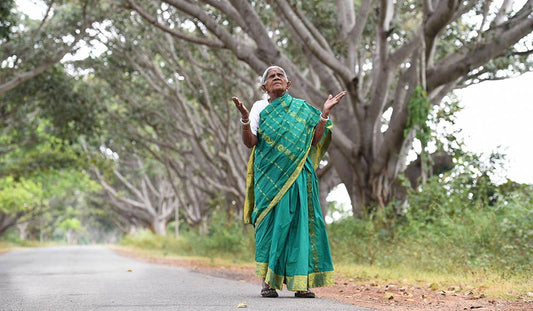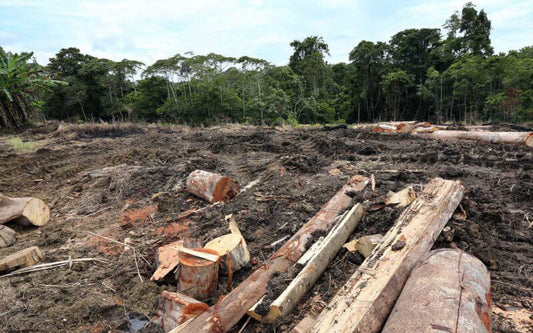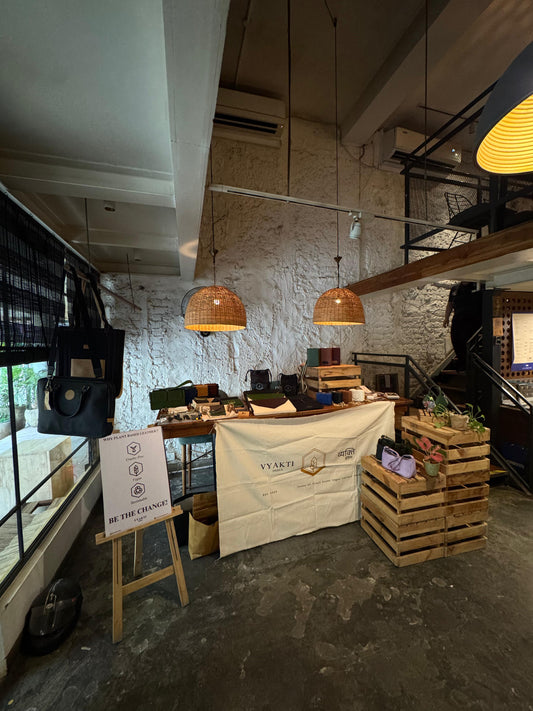From Barbiecore to Quiet Luxury: Vyakti India Defines True Style
Fashion moves quickly, from the bold glitter pink energy of Barbiecore to the calm understated elegance of Quiet Luxury. These trends capture imagination across the globe,...
The Hidden Cost of Coffee vs. Ethical Living: Why Vyakti India Cares
For many of us, the day doesn’t begin until that first sip of coffee. It’s more than a drink, it’s a ritual of comfort and productivity....
Fast Fashion Trends vs. Conscious Choices: Why Vyakti India Stands Apart
In today’s world, fashion trends change at lightning speed. From Stanley cups to Labubu collectibles, from quirky charms to seasonal must-haves, the cycle of consumerism is...
The Batua – A Father’s Day Gift Rooted in Legacy, Reimagined for Today
Father’s Day isn’t just a celebration of dads — it’s a tribute to the wisdom, strength, and silent sacrifices they’ve passed down through generations. This year,...
Top Picks for Dad This Father’s Day – Thoughtful Gifting by Vyakti India
This Father’s Day, skip the clichés and gift your dad something functional, sustainable, and full of purpose. At Vyakti India, we believe great design and planet-conscious...
Leather’s Silent Victims: The Endangered Species We’re Losing for Fashion
Behind every leather belt, bag, or shoe lies a story that rarely gets told—a story of wildlife exploitation, extinction, and environmental destruction. Leather production directly contributes...
Meet Vyakti India Up Close This Weekend
We’re excited to announce that Vyakti India will be showcasing our sustainable luxury collection at the GreenR outlet in Greater Kailash this weekend! After our successful...
Embrace Sustainable Style with Naksh – The Perfect Cross-Body Mobile Case
Naksh is a sleek, modular cross-body mobile phone case designed with both style and functionality in mind. Made from premium vegan cactus leather, specifically Desserto, this...
The Met Gala 2025: A Mix of Glamour, Sustainability, and Missed Opportunities
The Met Gala 2025 was a night of star-studded glamour, but it also brought the conversation on sustainability front and center. Amid the extravagance, there were...





















